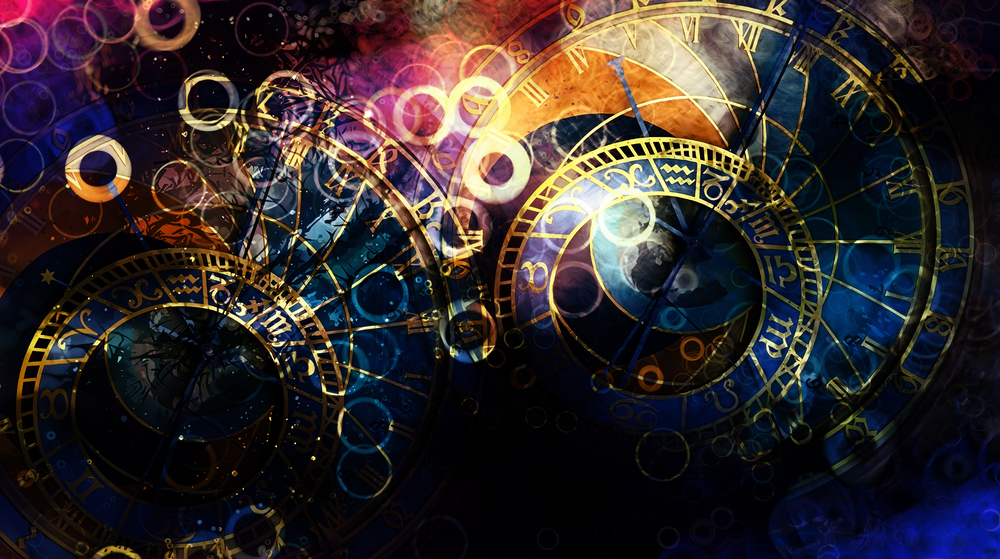
Modern science dismisses Western astrology as a pseudoscience, but it’s enjoying massive popularity in our culture today. More young adults than ever consult horoscopes, look up their natal charts, and study astrology’s methods. Many centuries ago, ancient human cultures believed that signs in the heavens held great importance for humanity. To better understand astrology, it’s worth taking a look at its distant roots.
Our Sky-Watching Ancestors
Contemporary astrology buffs look to the stars and planets for answers in an age of tremendous financial, social, political, and ecological uncertainty. Most of these modern Western astrological practices are derived from Babylonian and Greek traditions. But our African ancestors were the first to watch the sky. There is also written evidence of astrological traditions originating in India and Central America.
Astrology and astronomy were inextricably linked for much of human history. Some of the earliest astronomical records may have been left by a culture predating the ancient Egyptians. The Human Origin Project mentions stone calendar circles dating to around the 5th millennium BC that were found in the Nabta Playa region, located almost 40 miles north of the modern Egypt-Sudan border. Historians theorize that the Neolithic peoples in those areas used these circles to track celestial movements.
Babylon: Divination Is Key for Survival
Why did our ancestors stargaze? They did so to mark the seasons and anticipate weather changes since these were critical to planting and harvesting. The stars also held both practical and religious significance in many cultures.
The Iran Chamber Society’s Massoume Price explains that divination was considered critical by most Mesopotamian cultures, namely for communicating with the gods and understanding their intent. Atlantic’s Philip Ball adds that the ancient Babylonians thought that the stars and planets were messages from their gods. They developed astrological methods to track them and divine the future based on some key characteristics:
- When planets rose over the horizon
- Their color and luminescence
- Aspects–such as conjunctions, squares, and trines
- Eclipses’ times and dates
The royal astrologers were charged with advising the king based on the heavenly signs. These individuals held important places in the kings’ courts, somewhat like those held by advisers in presidents’ or prime ministers’ cabinets today. The king relied on them for guidance in both domestic and foreign affairs. For these astrologers, accurate tracking and interpretation were crucial for giving him sound advice.
Refinement in Ancient Greece
After its conquest by Cyrus the Great in 539 BC, Babylon was annexed as a colony of the First Persian Empire. Although there were brief periods of independence, the nation was again conquered by Alexander the Great in 331 BC. The Greeks then came into contact with Babylonian culture and ideas, including their astrological practices.
Time writer Olivia B. Waxman mentions that the ancient Egyptians came up with the idea of constellations, consisting of star patterns through which the sun traveled at regular intervals. Later, the Greeks became fascinated with astrology and used their logical and mathematical approaches to develop it further. They pioneered other important concepts that ended up in Western astrology, such as individual horoscopes, use of the rising sign, and horoscope houses. While some of these exist in Vedic astrology, the Greek traditions were adopted later by the Romans, studied further during the Middle Ages, and ended up in modern astrological methods.
An Intriguing Historical Journey
Astrology is defined by Lexico as “the study of the movements and relative positions of celestial bodies interpreted as having an influence on human affairs and the natural world.” This is a rather broad definition, but it accurately speaks to the origins of a divination method that has endured for a few thousand years. The history of Western astrology is both complex and fascinating, with some of its original philosophies remaining with us in the present day.

